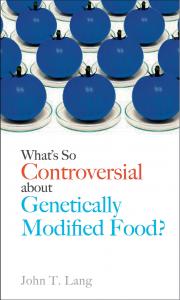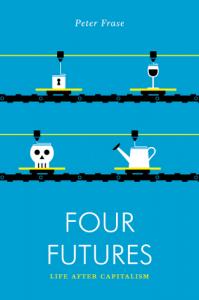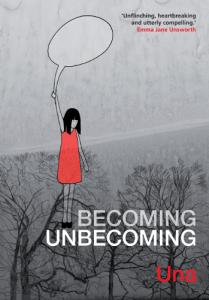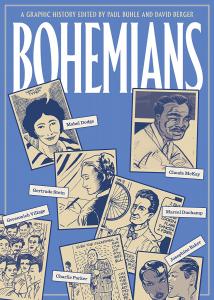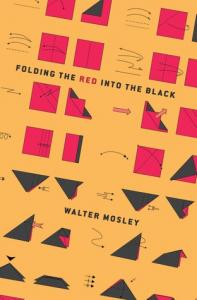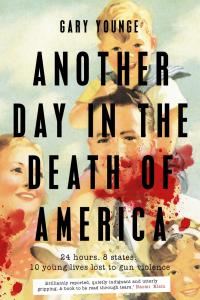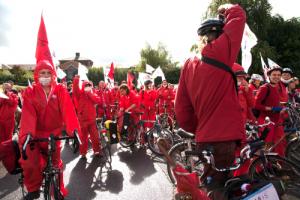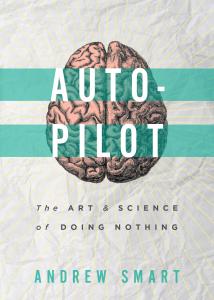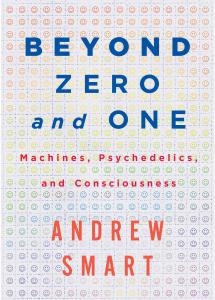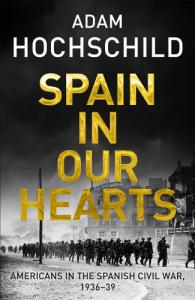You could be forgiven for thinking that you already know what’s so controversial about genetically-modified (GM) food.
After all, doesn’t GM food represent a radical break with earlier methods of crop development, producing weird transgenic species (containing genes from different species) that could never occur in nature, posing a dire threat to human health? And hasn’t the introduction of GM crops in the Global South been wholly negative, leading to a dramatic rise in suicides…
Carlyle, Gabriel
Carlyle, Gabriel
Gabriel Carlyle
Echoing the opening lines of The Communist Manifesto, Peter Frase opens this book with the claim that ‘two spectres are haunting the Earth’: ecological catastrophe and automation.
The first is a crisis of scarcity – of fresh water (think melting glaciers), fish (think ocean acidification and overfishing), habitable places to live (think rising sea levels and rising temperatures) and so on. The second is a crisis of abundance – the prospect that our technology could soon…
Donald Rooum has been drawing cartoons for PN since (at least) 1962, and PM’s new selection of his work – many of them featuring his most famous creation, the anarchist moggie Wildcat – takes on a wide variety of familiar targets: religion, the military, police surveillance, the monarchy and capitalism. But we’re also treated to Rooum’s delightfully offbeat takes on Rumplestiltskin and the Garden of Eden (‘When you’re not blackmailing, you quite turn me on’, the miller’s daughter…
Beautiful, disturbing and timely, Becoming Unbecoming uses the medium of the graphic novel to brilliant effect in exploring that ‘something embedded deep within [our] culture that produces eruptions of gendered violence and allows them to flourish’.
Becoming Unbecoming dovetails an account of the author’s own experiences of rape and sexual abuse during her childhood in West Yorkshire in the mid-to-late 1970s with the history of the police hunt for the so-called ‘Yorkshire…
'Bohemians have occupied a semi-subversive status in modern society without being, in any consistent way, political-minded or even organised', notes Paul Buhle in his insightful introduction to this wonderful collection of comics.
Featuring almost 30 separate stories, artwork by over a dozen different artists, and with a a timeframe spanning over 100 years (one of the first stories tells the story of the New York-based Unitary Household, who practiced free love and critiqued gender…
The writer and radical Walter Mosley is best known for his crime novels, in particular those featuring his African-American private investigator Easy Rawlins, hero of the best-selling Devil in a Blue Dress. But Mosley’s prolific output also includes science fiction, erotica, non-genre fiction and five short political tracts addressing issues such as race and US foreign policy.
In this, his latest foray into politics, he turns to economics, proposing a ‘shotgun wedding’…
Last year, excluding suicides, over 13,000 people in the US – including roughly 2,500 children and teenagers – were killed by firearms. In 2012 – the most recent year for which comparable statistics are available – the number of gun murders per capita in the US was nearly 30 times that in the UK.
Yet, though ‘each individual death is experienced as a family tragedy that ripples through a community,’ notes Gary Younge ‘the sum total barely earns a national shrug’. Indeed, with the…
According to Andrew Smart, ‘a sharp increase in idleness, absenteeism, laziness, and non-industriousness’ might be ‘the most effective way to bring about positive social and political change’. Should activists take note?
‘In our hysterical rush to make money, gain status, compete for scarce jobs, jockey for promotions, make our kids athletic and intellectual geniuses, and organize our lives down to the second,’ Smart writes ‘we are suppressing our brain’s natural ability to make…
In 2014, the renowned physicist Stephen Hawking told the BBC: ‘The development of full artificial intelligence could spell the end of the human race.’ ‘Whereas the short-term impact of [artificial intelligence] depends on who controls it,’ he later wrote, ‘the long-term impact depends on whether it can be controlled at all’.
Andrew Smart shares these concerns and proposes that, should superintelligent machines ever be developed, they should be given ‘the digital equivalent of LSD…
It is 2041 and atmospheric CO2 levels have passed 600 parts per million, leading to the collapse of the West Antarctic ice sheet and a three-metre rise in sea levels. Florida is underwater and world population has passed 10 billion. A few billion are stateless refugees. ‘A few billion more [are] indentured or imprisoned.’
Every cultivated acre on Earth is planted with sterile genetically-engineered varieties whose terminator genes have been implanted to protect corporate profits…
In 1936, not long after Franco launched his fascist coup against Spain’s elected government, the legendary US pacifist Dave Dellinger, then in his early 20s, travelled to the embattled republic as part of a delegation of students.
‘For an agonising 24 hours,’ he later wrote, ‘I wrestled with the urge to pick up the gun in the anti-fascist cause. In the background, as I paced the streets of Madrid were the sounds of the battle, a few miles away. Spanish friends I had come to love…
Before its use in the context of war and peace, the term ‘conscientious objector’ referred to someone who refused vaccination.
In 1853, Britain’s Vaccination Act made the vaccination of infants compulsory. Despite fines, imprisonment and the seizure of their property, vaccination was widely resisted by working-class people, who sometimes likened their predicament to slavery. Their resistance finally led to the introduction of a ‘conscience clause’ in 1898.
Early…
There are some non-fiction writers who are always interesting and informative to read, whatever the topic, but the US writer and journalist Rebecca Solnit is this and something else.
A wonderfully lyrical writer, she is probably best known among activists as the author of the 2004 book Hope in the Dark, her brilliant meditation on why it’s ‘always too soon to go home... always too soon to calculate effect’. And, alongside activism and geography, hope is also a key theme…
The extraordinary life of Rosa Luxemburg – Marxist economist, cat-lover and legendary figure of the revolutionary left – is given a memorable graphic novel treatment in Kate Evans’ latest book.
A ‘fictional representation of factual events’, it takes us from her childhood in Poland (tasked by her school with writing a poem for the visit of the German kaiser, she produced one attacking ‘that creeping toad Bismarck’), through her pre-First World War revolutionary agitation in Poland…


